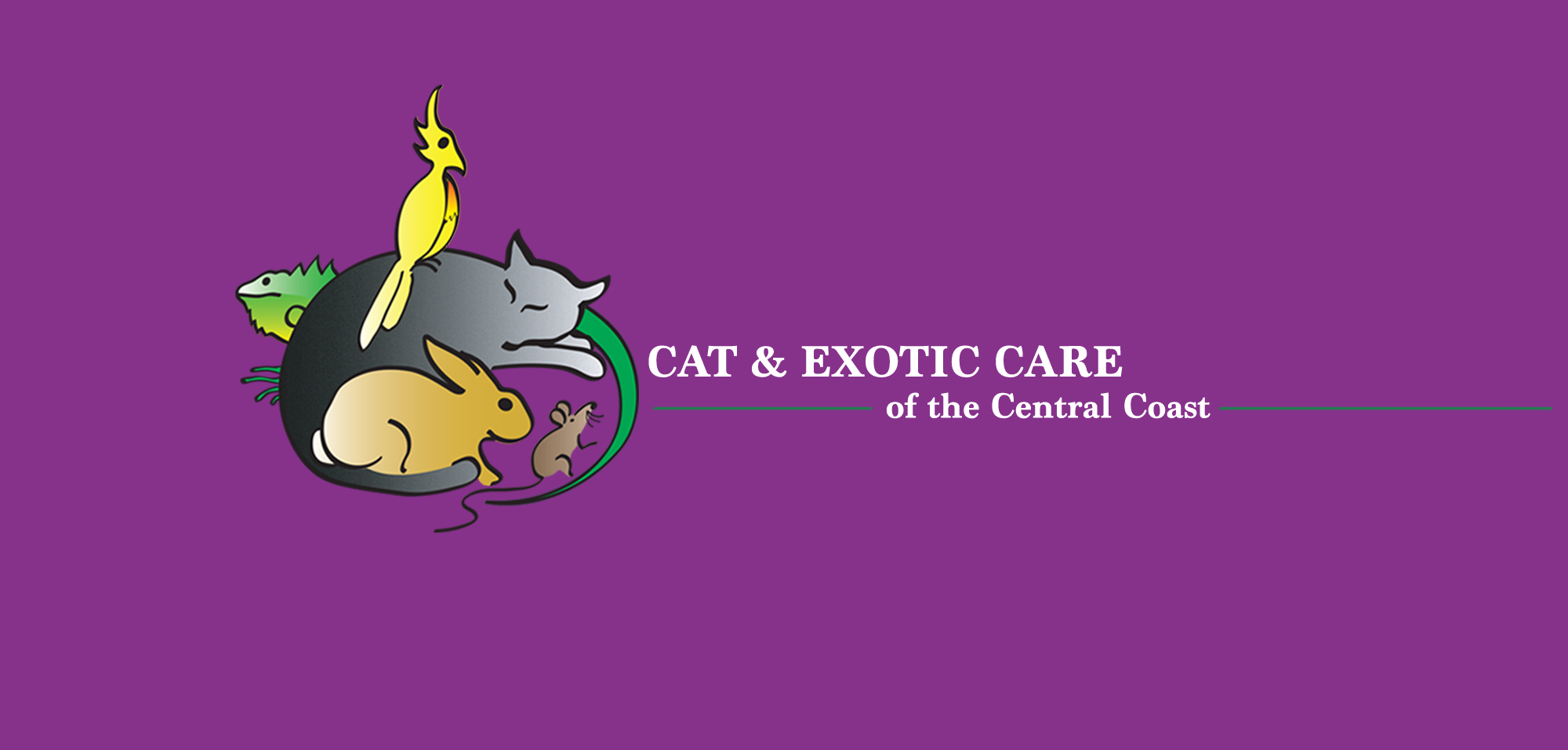QUESTION:
Every once in a while my cat has fresh blood in his stools. Is this normal? What do you recommend? He is otherwise active, eats well, and seems healthy.
ANSWER:
Blood in the stools is never normal. When the blood is fresh (as opposed to dark and tarry digested blood) it suggests that there is inflammation in the last part of the digestive tract, the colon (large intestine). The colon is very vascular, so it doesn’t take much to cause these signs.
The bleeding could be due to a number of causes including parasites, infection, a mass or polyp, foreign body, a clotting disorder, or inflammatory disease. If the cat is otherwise normal and the blood loss is minimal, danger is not imminent, so some simple tests and trials can be performed initially to rule out some of the causes. A thorough physical exam is also needed and may give your vet some clues as to the cause of the signs.
In some cases a simple diet change may solve the problem (for example if the cause is related to a food allergy), and your veterinarian can assist you with diet recommendations. An analysis of the stool is another simple initial step that may provide valuable information, such as detection of intestinal parasites. It is best to collect a fresh sample in a plastic container or zip-lock bag and bring it with you when you go to the pet hospital. This step will save you time, as a sample may not be attainable from your pet at the time he/she is examined. Even if the stool analysis is negative, a general dewomer is recommended as a part of the work-up because parasites are shed intermittently and can be missed on a single fecal test. If the cause is not evident on initial testing and examination and your pet does not respond to initial diet or medical therapy, further evaluation may include blood screening, imaging (x-ray, ultrasound), and colonoscopy.
If you have a veterinary question that you would like to propose for an upcoming edition, please send it to email@catandexoticcare.com with “ask the vet” in the subject line.
Max Conn, DVM is the owner of Cat & Exotic Care of the CentralCoast, a full service veterinary hospital dedicated to the special needs of cats, birds, reptiles and small mammals. Cat & Exotic Care is located in PismoCoastPlaza, 565 Five Cities Drive, 805-773-0228. More information can be found at www.catandexoticcare.com.
Disclaimer: The informational handouts and website links above are for informational purposes only, they are not intended to replace veterinary care.
